- Details
- Category: Senator Robert Peters News
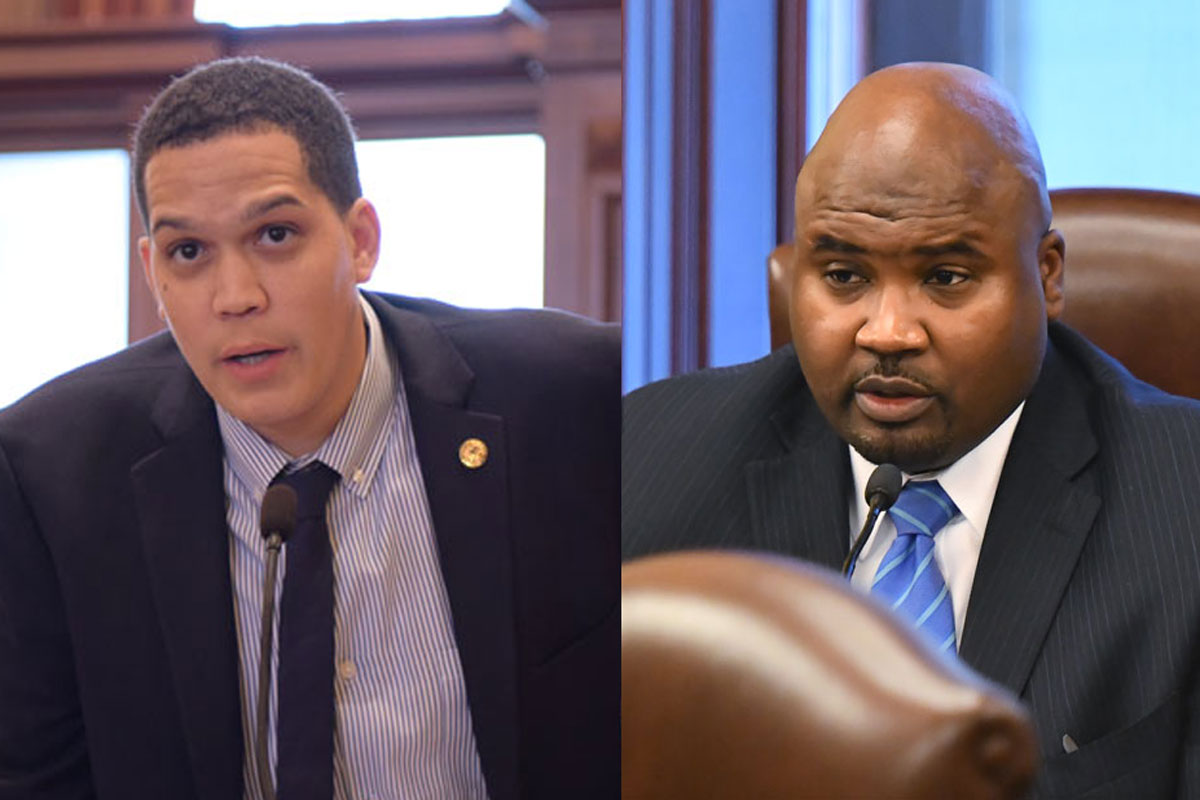 CHICAGO – Illinois lawmakers examined police reform during Tuesday’s joint hearing of the Senate Criminal Law Committee and Senate Special Committee on Public Safety, the seventh hearing on criminal justice reform prompted by the Illinois Legislative Black Caucus to examine and address systemic racism in the state.
CHICAGO – Illinois lawmakers examined police reform during Tuesday’s joint hearing of the Senate Criminal Law Committee and Senate Special Committee on Public Safety, the seventh hearing on criminal justice reform prompted by the Illinois Legislative Black Caucus to examine and address systemic racism in the state.
“We must have a system that is more just and equitable for both communities and police,” Senator Elgie Sims (D-Chicago) said. “If a defendant is guilty, they should be held accountable but there should not be a thumb placed on the scale to make someone plead to something that they did not do. That is not justice. We have to make sure that we are holding the right people accountable.”
Read more: State lawmakers assess police reform in hearing called by Black Caucus
- Details
- Category: Senator Patrick Joyce News
 PARK FOREST – As flu season approaches, State Senator Patrick Joyce (D-Essex), State Representative Anthony DeLuca (D-Chicago Heights), and State Representative Debbie Meyers-Martin (D-Olympia Fields) will co-host a drive-up flu shot clinic in the parking lot of Freedom Hall in Park Forest from 3 to 6 p.m.
PARK FOREST – As flu season approaches, State Senator Patrick Joyce (D-Essex), State Representative Anthony DeLuca (D-Chicago Heights), and State Representative Debbie Meyers-Martin (D-Olympia Fields) will co-host a drive-up flu shot clinic in the parking lot of Freedom Hall in Park Forest from 3 to 6 p.m.
“Getting a flu shot is an easy way for Illinoisans to protect themselves and their families from the flu,” Joyce said. “This drive-up clinic will make getting a flu vaccine easier and more convenient for folks, while abiding by IDPH’s health guidelines.”
Read more: Joyce, DeLuca, Meyers-Martin to host community flu shot clinic in Park Forest
- Details
- Category: Senator Scott Bennett News
 CHAMPAIGN – State Senator Scott Bennett (D-Champaign) is partnering with Walgreens to host a community flu shot clinic in the back lot of the Illinois Terminal on Tuesday, Oct. 27 from 3 to 6 p.m.
CHAMPAIGN – State Senator Scott Bennett (D-Champaign) is partnering with Walgreens to host a community flu shot clinic in the back lot of the Illinois Terminal on Tuesday, Oct. 27 from 3 to 6 p.m.
“This year, due to the COVID-19 pandemic, it’s extremely important to protect yourself from the flu,” Bennett said. “Increasing the number of people who are vaccinated can help reduce the number of flu illnesses, hospitalizations and deaths. By pulling together, we can lessen the strain on our hospitals and health care workers this flu season and save lives.”
Read more: Bennett to host community flu shot clinic in Champaign
- Details
- Category: Senator Mattie Hunter News
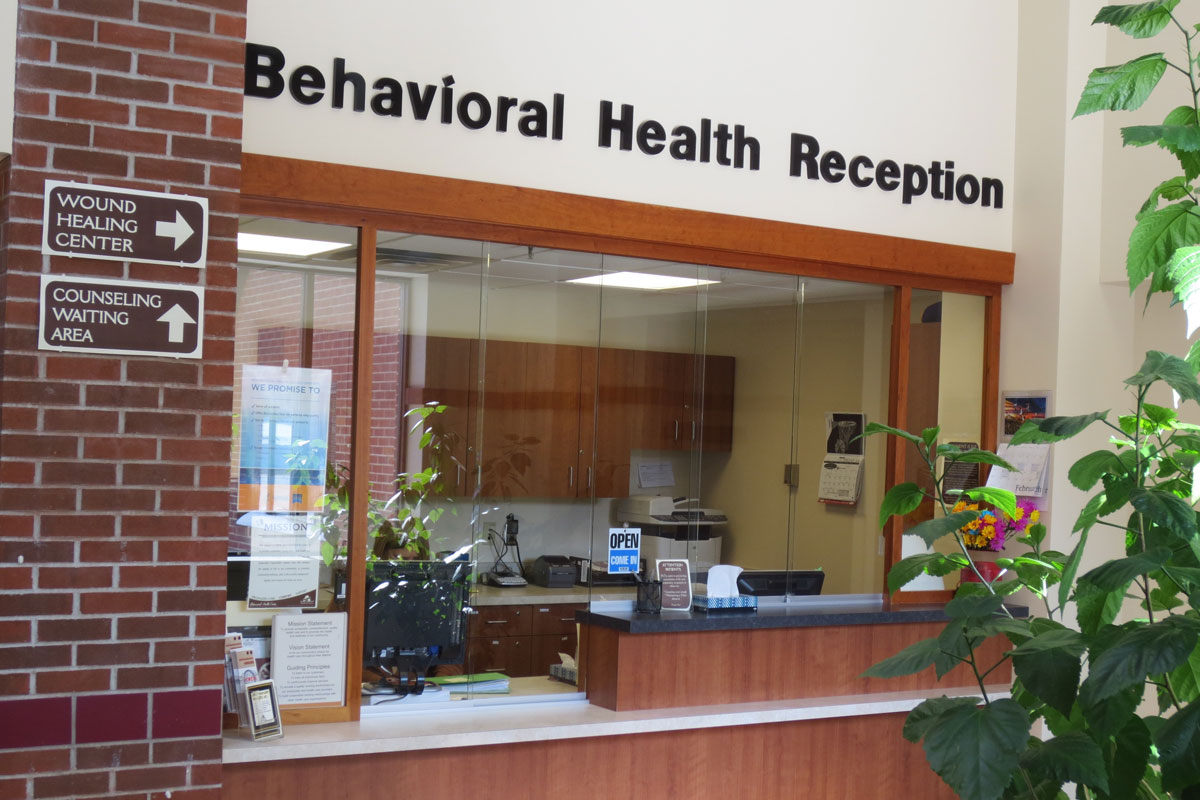 CHICAGO – Monday, the Senate Human Services and Public Health Committees held a joint hearing on behavioral health issues and disparities in Illinois, where State Senator Mattie Hunter (D-Chicago) advocated for more Black and Brown behavioral health professionals, as well as increased options for treatment in communities of color.
CHICAGO – Monday, the Senate Human Services and Public Health Committees held a joint hearing on behavioral health issues and disparities in Illinois, where State Senator Mattie Hunter (D-Chicago) advocated for more Black and Brown behavioral health professionals, as well as increased options for treatment in communities of color.
“Not only do Black Illinoisans have less access to behavioral health centers, they are less likely to have insurance and more likely to deal with doctors who don’t look like them,” Hunter said. “Many of these medical professionals have implicit biases and need to be trained on cultural competency.”
The Substance Abuse and Mental Health Services Administration reports that two-thirds of Blacks and Latinos with a mental illness and nearly 90% with a substance use disorder do not receive treatment.
“Lack of access to treatment is harming Black communities, which often face more behavioral and mental health issues,” Hunter said. “The opioid crisis, combined with COVID-19 and systemic racism, is a serious threat that needs to be addressed thoroughly.”
Data from the Community Behavioral Healthcare Association of Illinois found that though African Americans make up under 24% of the Cook County's population, they account for more than 50% of all opioid deaths in the county this year.
Committee members heard from Dan Rabbitt, Senior Manager of Health Policy of Heartland Alliance, who recommended that the General Assembly support the following:
- Investing in prevention and proper medication distribution
- Integrating medications used for opioid disorder
- Reducing criminal penalties for low level drug offenses
CEO of the Community Behavioral Health Association Marvin Lindsey also recommended that the General Assembly support maintaining telehealth flexibility, which he believes will help increase health care accessibility for Black patients.
Future joint hearings for the Public Health and Human Services Committees will be scheduled next month.
- Details
- Category: Majority Report
Munoz announces second round of broadband expansion grant applications
CHICAGO — Applications for a second round of grants to expand broadband in underserved communities was recently announced, and State Senator Tony Munoz (D-Chicago) is encouraging any group eligible to apply.
“Lack of quality broadband access continues to severely affect families across the state,” Munoz said. “People depend on vital services to keep them connected by virtual means during the COVID-19 pandemic, such as e-learning, telehealth care services and connecting with family and friends.”
Harmon: Deanna Demuzio dedicated her life to community and public service
SPRINGFIELD — Illinois Senate President Don Harmon issued the following statement on the passing of former state senator Deanna Demuzio:
“Deanna Demuzio dedicated her life to community and public service. Along the way, she made great friends and taught us all so much about how to be better. She fought hard to improve our education system after years spent working at Lewis and Clark Community College and to fight for better health care given how it affected her family. She took up all of this after tragically losing another great friend of Illinois, her husband, Senator Vince Demuzio.”
Manar meets with children's advocacy group to address downstate child abuse issues
SPRINGFIELD — To discuss further steps to assist survivors of child abuse in the Springfield area and throughout downstate, State Senator Andy Manar (D-Bunker Hill) met with Sangamon County Children’s Advocacy Center employees and Children’s Advocacy Centers of Illinois advocates Thursday.
During last spring’s budget negotiations, Manar, who chairs the Senate Appropriations II Committee, fought to ensure that Children’s Advocacy Centers received the funding they need to continue providing crucial treatment services.
Black Caucus committee round up for week of Oct. 19
SPRINGFIELD — The Illinois Legislative Black Caucus held a number of hearings throughout the week to dive further into racial disparities across all sectors of life and to continue to build upon its four-pillar legislative agenda to eliminate systemic racism ahead of the fall veto session.

In case you missed it
MEMBERS IN THE NEWS
Senators Iris Martinez and Omar Aquino, Chicago: Get your flu shot, free household supplies at Belmont Cragin Health and Wellness Fair | Block Club Chicago
Senator Julie Morrison, Lake Forest: Lawmakers hear mixed reviews of new foster care health system | Northwest Herald
Senator Heather Steans, Chicago: New curriculum brings LGBTQ history into the light | WGLT
Copyright 2020 - Illinois Senate Democratic Caucus - All Rights Reserved
- Details
- Category: Senator Scott Bennett News
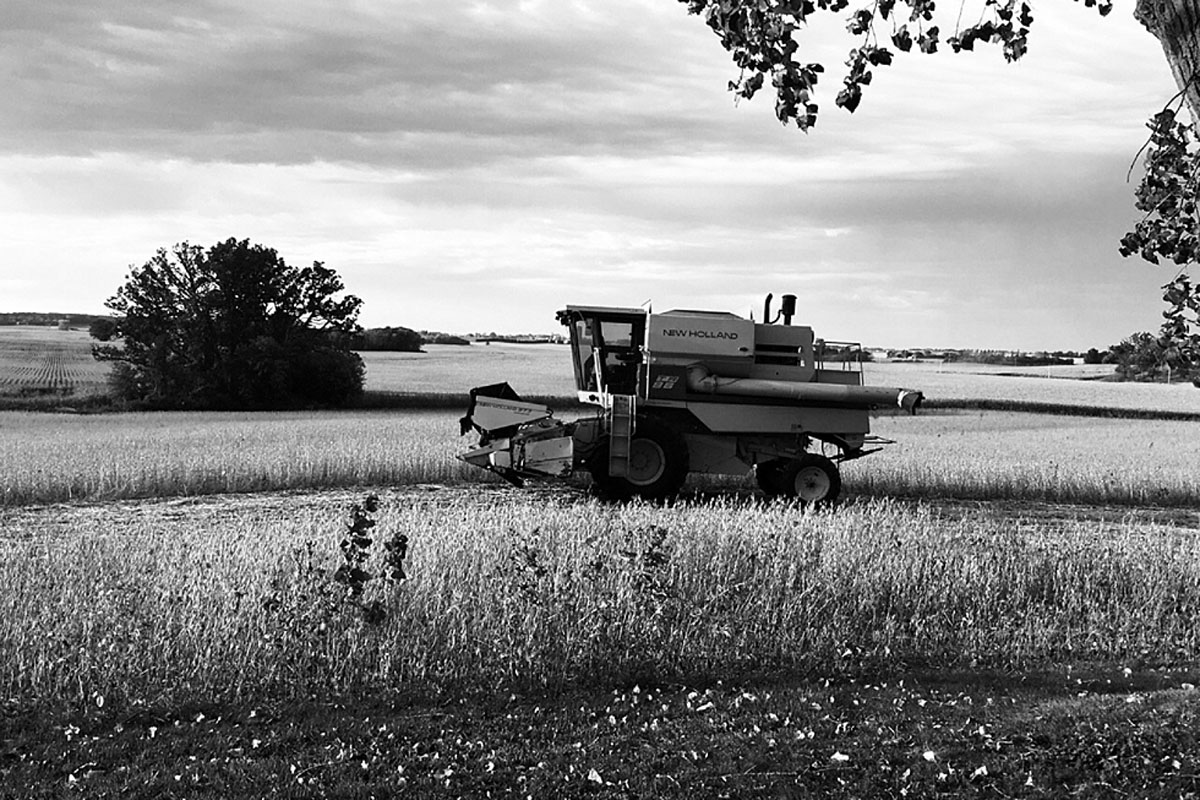 SPRINGFIELD – State Senator Scott Bennett (D-Champaign) will hold a joint press conference with state and community leaders to announce a new hotline that will connect farmers to health professionals and services through the Farm Family Resource Initiative.
SPRINGFIELD – State Senator Scott Bennett (D-Champaign) will hold a joint press conference with state and community leaders to announce a new hotline that will connect farmers to health professionals and services through the Farm Family Resource Initiative.
“Small farms are the core of our state’s economy, and farmers are on the front lines to provide food for our communities. The reality of this pandemic is that a new layer of stress has been put on farmers and farm families,” said Bennett. “The Farm Family Resource Initiative and new helpline will give farmers additional support to help folks recognize and navigate these times.”
At the press conference, Bennett will be joined by Illinois Department of Agriculture Director Jerry Costello II, Southern Illinois University System President Dr. Daniel Mahony, Southern Illinois University School of Medicine Dean & Provost Dr. Jerry Kruse, Illinois Farm Bureau President Rich Guebert Jr. and Lt. Gov. Juliana Stratton.
Read more: Bennett to host press conference announcing the Farm Family Resource Initiative Hotline
- Details
- Category: Senator Patricia Van Pelt News
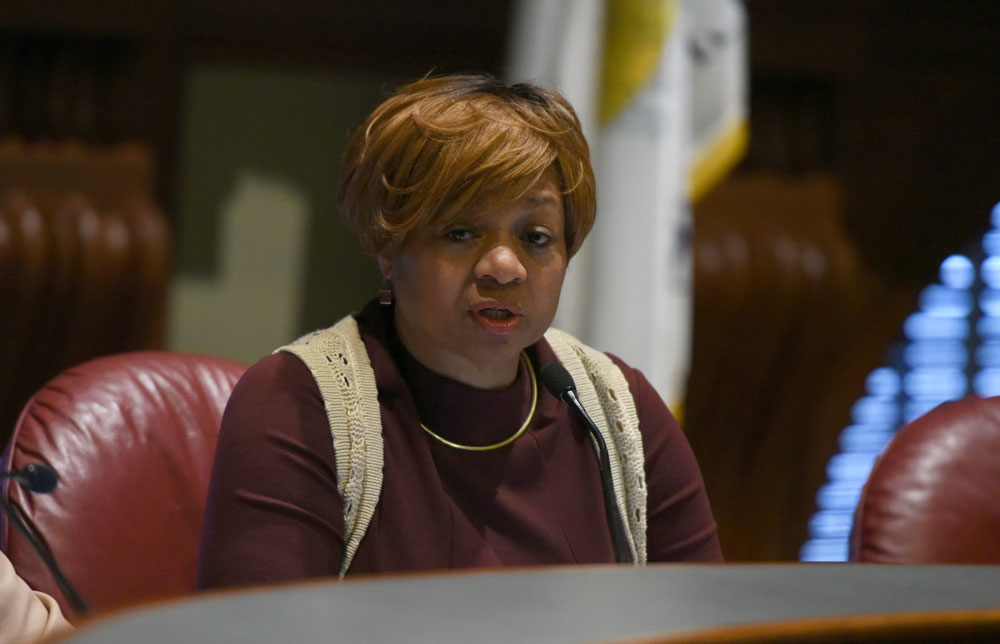 CHICAGO – The Senate held a joint hearing Monday to discuss the vast disparities Illinoisans face in access to treatment for addiction and mental health disorders. State Senator Patricia Van Pelt (D-Chicago) advocates for prioritizing mental health through a holistic approach.
CHICAGO – The Senate held a joint hearing Monday to discuss the vast disparities Illinoisans face in access to treatment for addiction and mental health disorders. State Senator Patricia Van Pelt (D-Chicago) advocates for prioritizing mental health through a holistic approach.
“It’s crucial that we examine the intersections of mental health, bias and incarceration rates,” said Van Pelt, chair of the Senate Public Health Committee. “One in five people shot and killed by the police suffered from mental illness. People who should be getting treated for their illnesses are instead being abused, killed and locked up. We must begin to look at these issues differently.”
- Details
- Category: Senator Adriane Johnson News
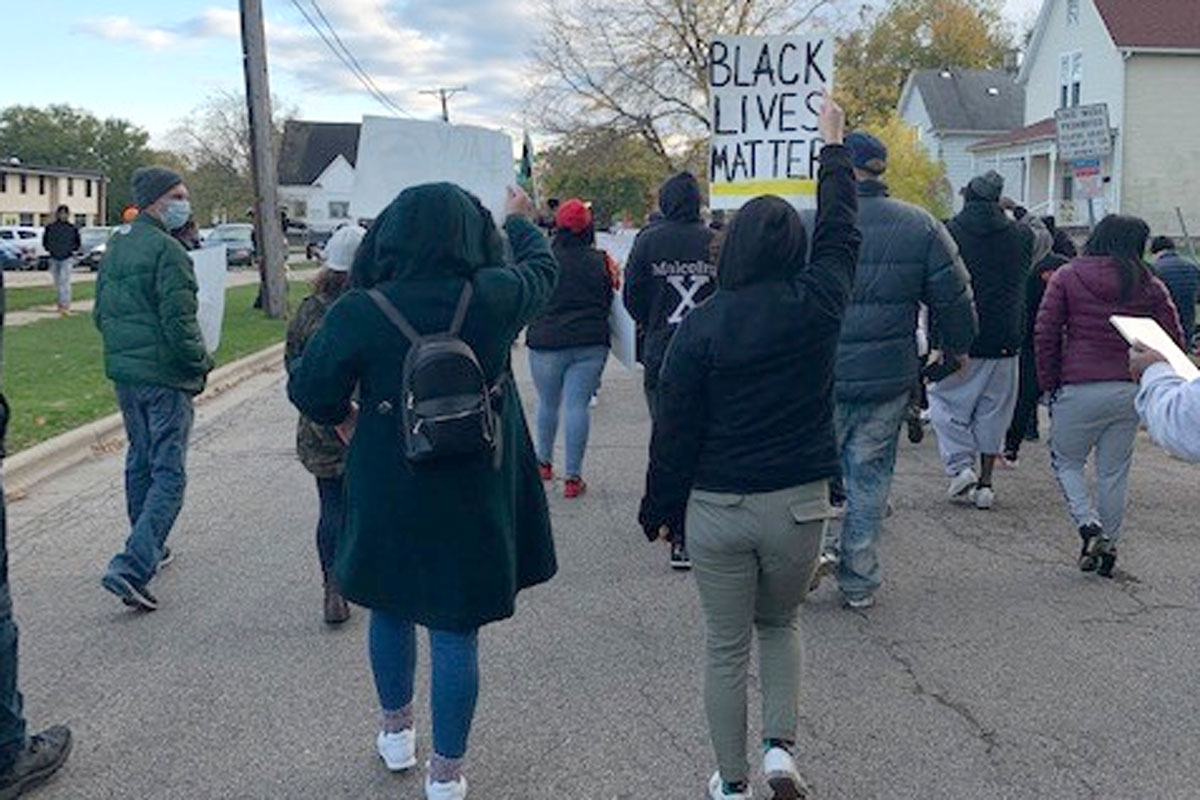 BUFFALO GROVE – In response to a 19-year-old Black man being fatally shot by police in her community, State Senator Adriane Johnson (D-Buffalo Grove) is pushing for an end of police brutality and equity for Black people across the state.
BUFFALO GROVE – In response to a 19-year-old Black man being fatally shot by police in her community, State Senator Adriane Johnson (D-Buffalo Grove) is pushing for an end of police brutality and equity for Black people across the state.
“Justice must be served for this young man — and every man, woman and child who has been a victim of systemic racism and police brutality,” Johnson said. “We have to get to the root of this problem and ensure that we do not become numb to or normalize these senseless deaths. And, we have to dismantle systemic racism.”
Marcellis Stinnette, a 19-year-old unarmed Black man, was fatally shot by a Waukegan police officer last week. An officer shot at a vehicle last Tuesday night, killing Stinnette and wounding the driver, 20-year-old Tafara Williams. The officer was later fired for committing “multiple policy and procedure violations,” according to the Waukegan Police Department.
Johnson said last week’s heartbreaking incident is further proof of the need to pass the Illinois Legislative Black Caucus’ four pillar legislative agenda this fall. The group’s agenda addresses criminal justice reform, violence reduction and police accountability, as well as economic and health care equity.
The Illinois Legislative Black Caucus has held a number of committee hearings over the past month in an effort to dive further into racial disparities across all sectors of life.
The four pillars include:
I. Criminal justice reform, violence reduction and police accountability
II. Education and workforce development
III. Economic access, equity and opportunity
IV. Health care and human services
“I extend my thoughts and prayers to Marcellis Stinnette’s family and friends for his tragic and untimely death. I pray for a speedy and full recovery for Tafara Williams, as she is fighting for her life,” Johnson said. “But, thoughts and prayers are simply not enough. I know we are feeling an emptiness and deep-rooted pain because of the repeated shootings of Black and Brown people.”
More Articles …
Page 609 of 765

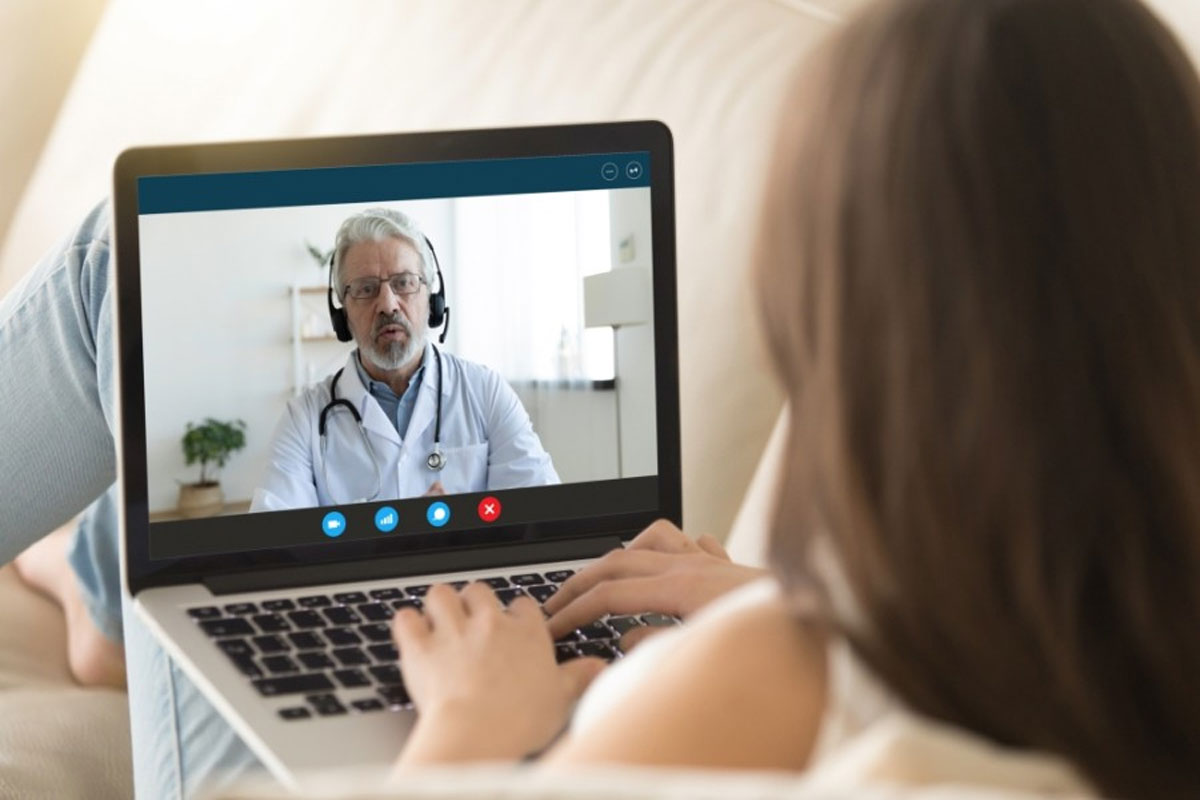
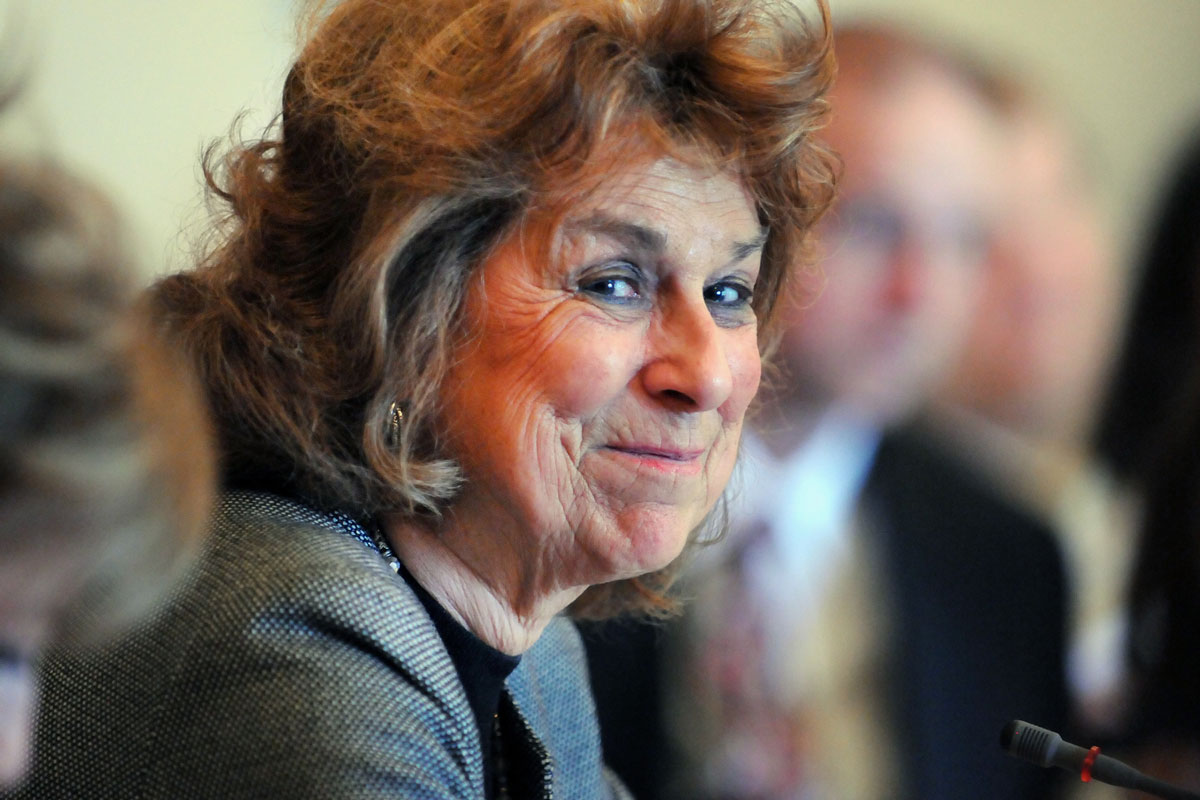
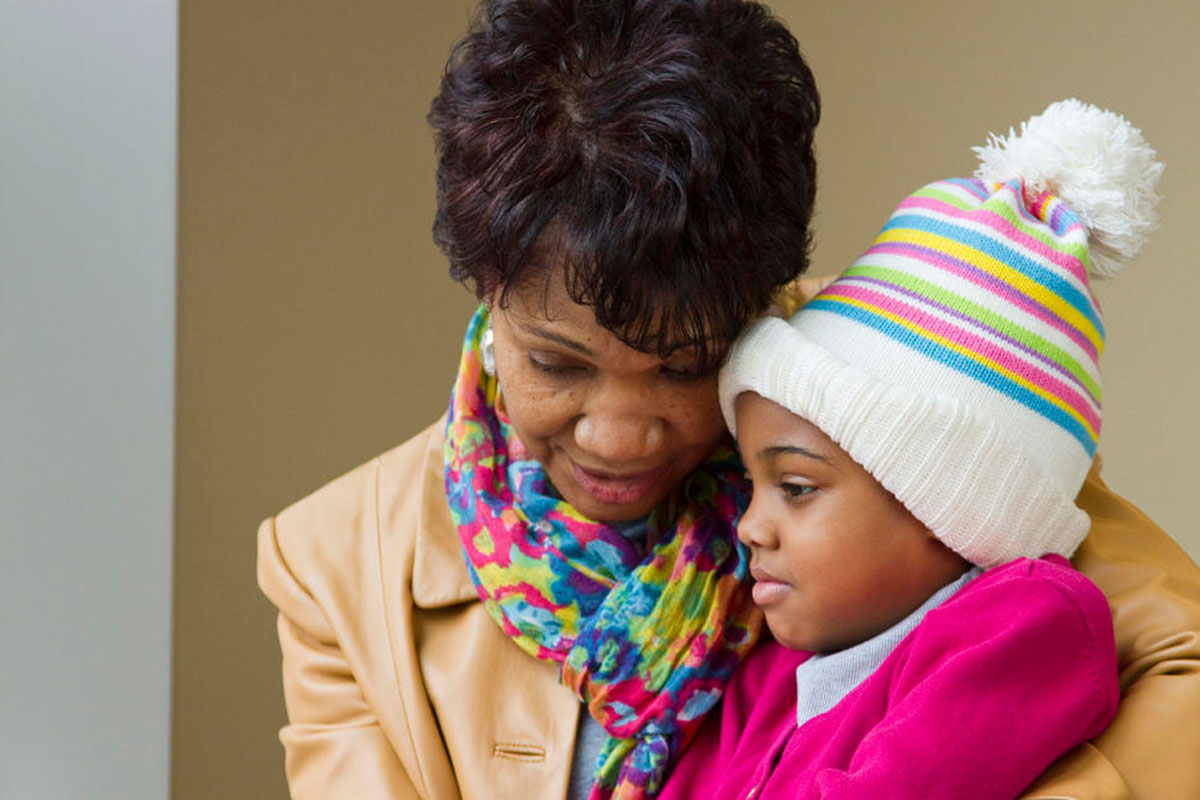
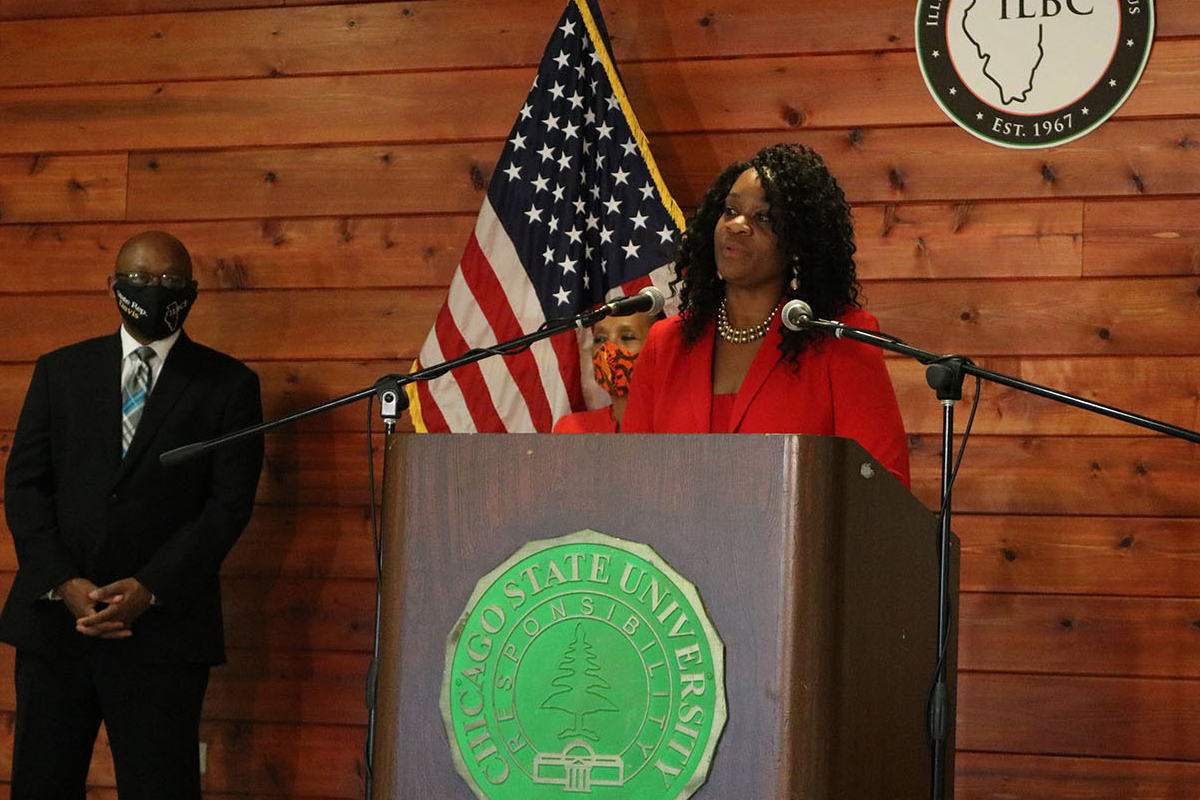












 © 2026 Illinois Senate Democratic Caucus
© 2026 Illinois Senate Democratic Caucus